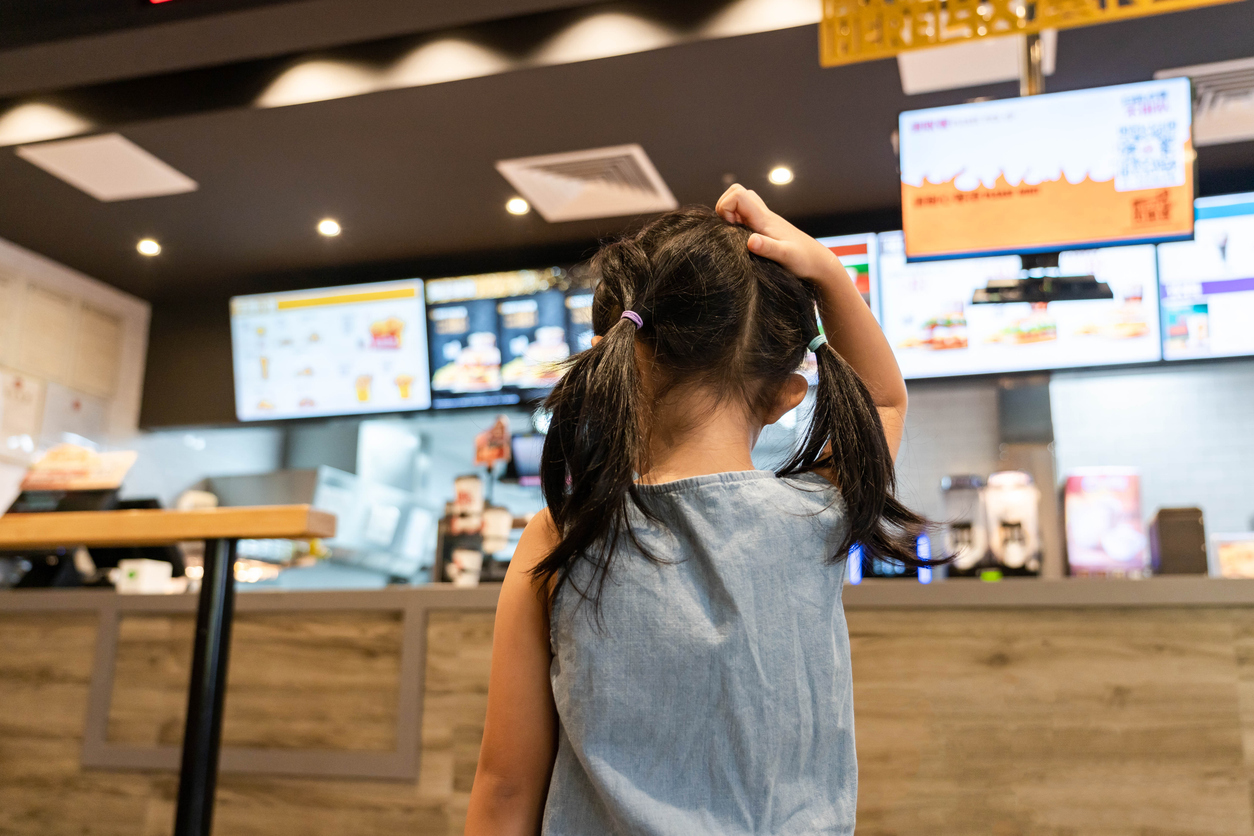Just three years ago, pulling up to a drive-thru speaker meant a human was on the other end. Today, millions of people are talking to AI systems that sound so natural they don't even notice the difference. The rapid rise of voice AI signals a fundamental shift in how restaurants serve their customers.
The investment numbers tell a compelling story: in 2024 alone, $23 billion in venture capital poured into AI companies, with voice technology emerging as a key beneficiary. But the real story isn't the money – it's the results. Take Yum! Brands' methodical rollout of voice AI at its Taco Bell brand. Over 2 million orders were processed through AI systems across more than 300 locations, with plans for hundreds more by year's end. As a result, Taco Bell’s digital sales approached $30 billion in 2023, with more than 50 percent coming through digital channels in early 2024 – more than double their 2019 figures.
What Will Set 2025 Apart?
The shift we're seeing isn't just about widespread adoption – it's about smarter implementation. Early adopters have created a playbook that's changing how the industry approaches this technology:
- Start with pain points, not potential: Leading brands are no longer asking if they should use voice AI, but where it will have the biggest impact on their bottom line. This targeted approach is replacing the scatter-shot implementation of early trials.
- Integration is everything: Successful voice AI systems are being woven into a holistic digital ecosystem, simultaneously easing team member workload, improving order accuracy, and reducing wait times while providing valuable data insights.
- Scale what works: The industry is moving from pilot programs to proven solutions, measuring actual impact and rapidly scaling what delivers results.
Understated Benefits Of Voice AI
While accuracy rates and speed improvements grab headlines, the subtler metrics tell a more interesting story. Voice AI systems shine during peak hours when human staff are most stressed, leading to more consistent upselling and fewer missed modification opportunities. The technology is proving surprisingly adept at handling complex customizations – crucial in an era of increasingly personalized orders.
Emerging Trends To Watch
Several key developments will shape voice AI adoption in 2025:
- Predictive ordering: Systems will anticipate orders based on historical data, weather patterns, and time of day, reducing transaction times for frequent visitors.
- Multi-language capabilities: Improvements to large language models (LLMs) will enable seamless language switching, expanding accessibility in diverse markets.
- Dynamic menu optimization: Voice AI will drive real-time menu adjustments based on inventory levels, helping reduce waste and promote profitable items.
- Integration with apps: Voice systems will recognize customers through their phones, enabling personalized interactions before orders are placed.
Looking Ahead
The winners in 2025 won't be the brands that simply adopt voice AI – they'll be the ones that deploy it strategically. The most successful restaurant brands aren't viewing it as a blanket solution or replacement for human workers. Instead, they're using it to reshape role definitions and target specific operational challenges.
The real transformation isn't just technological – it's operational. Restaurants that succeed will be those that use voice AI to create more intelligent, responsive, and efficient operations. In an industry where margins are tight and customer expectations are high, voice AI is proving to be not just an innovation, but a necessity for growth.
The key lesson from early adopters is clear: don't chase AI for AI's sake – chase results. By this time next year, the difference between successful voice AI implementation and costly experimentation will be obvious in restaurants' bottom lines.





